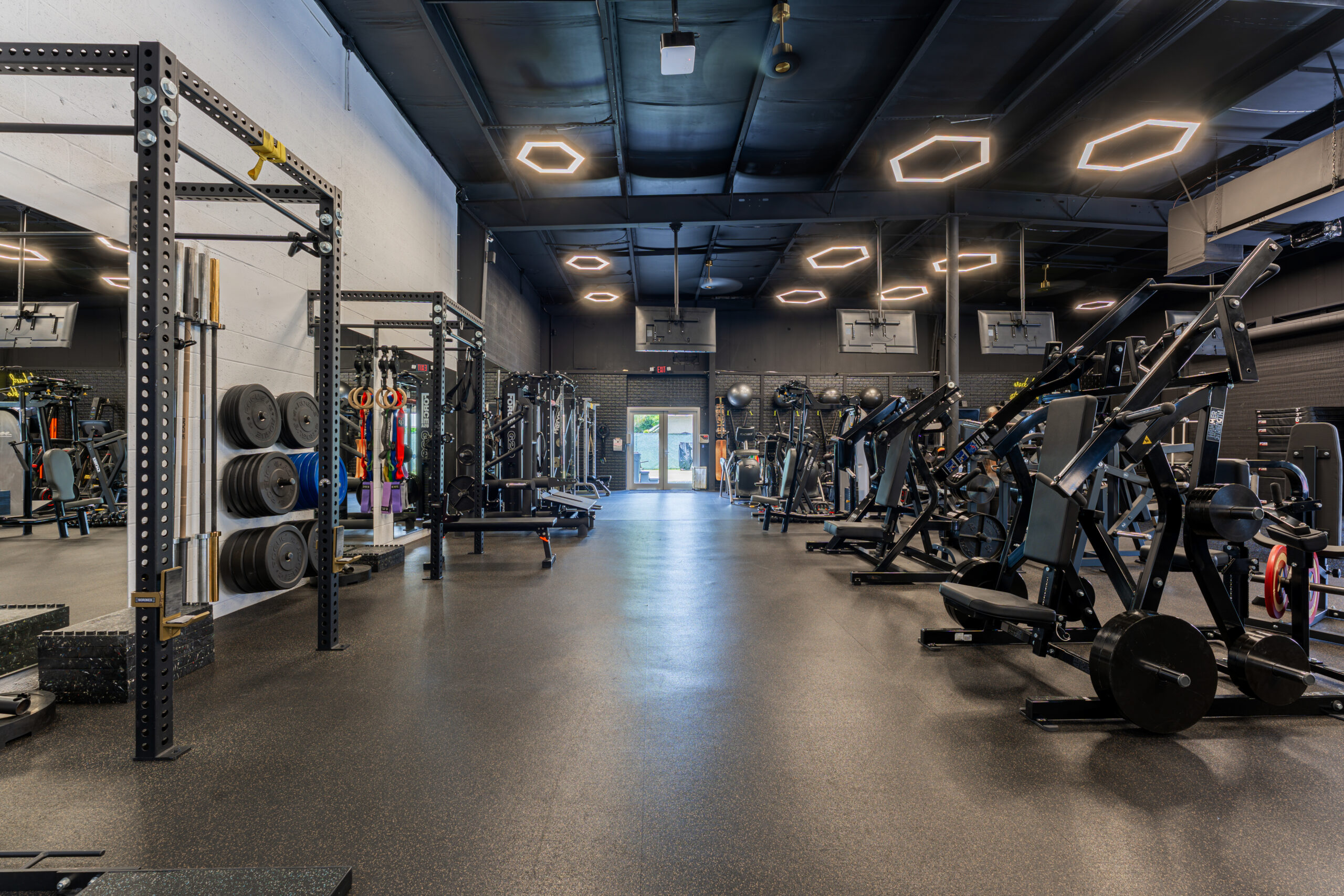Eating before exercise is important for several reasons. Food serves as the primary source of fuel for your body during exercise. When you eat before a workout, you provide your muscles with the necessary energy to perform at their best. Carbohydrates, in particular, are the preferred fuel for muscles and are stored in the form of glycogen in your body. By consuming carbohydrates before exercise, you replenish your glycogen stores, which can help enhance your endurance and prevent early fatigue.
Proper nutrition before a workout can positively impact your performance. When you’re adequately fueled, you’re more likely to have the energy, strength, and stamina to exercise effectively. This can lead to improved athletic performance, whether you’re engaging in high-intensity activities or endurance-based exercises.
When you exercise, your body breaks down glycogen and, to a certain extent, muscle proteins to fuel your activity. Eating before a workout can help minimize the breakdown of muscle proteins as your body will have an alternative source of energy from the food you consumed. This is especially important if you’re engaged in resistance training or weightlifting exercises, where muscle building and maintenance are crucial.
Eating before exercise can help regulate blood sugar levels. If you exercise on an empty stomach, especially for longer durations or at higher intensities, your blood sugar levels may drop too low, leading to feelings of fatigue, dizziness, or even fainting. By consuming a balanced meal or snack prior to exercise, you can help maintain stable blood sugar levels, ensuring a steady supply of glucose to your muscles and brain.
Consuming nutrients before exercise can promote better post-workout recovery. Adequate pre-workout nutrition provides your body with the necessary amino acids and nutrients to initiate muscle repair and replenish glycogen stores after exercise. This can help minimize muscle soreness, speed up recovery, and prepare your body for subsequent workouts.
It’s worth noting that the timing and composition of your pre-exercise meal or snack may vary depending on factors such as the intensity and duration of your workout, personal preferences, and individual goals. Experimenting with different options and paying attention to how your body responds can help you determine the best approach for your specific needs. Additionally, it’s important to listen to your body and avoid exercising on a full stomach, as it can lead to discomfort or cramping.
Post-exercise nutrition is equally important as it plays a crucial role in recovery and optimizing the benefits of your workout. Here are some reasons why post-exercise nutrition matters:
During exercise, your muscles experience micro-tears and depletion of glycogen stores. Consuming a balanced meal or snack after your workout provides the necessary nutrients, such as protein and carbohydrates, to initiate muscle repair and replenish glycogen stores. Protein is essential for muscle recovery and synthesis, while carbohydrates help replenish glycogen and provide energy for the rebuilding process.
Sweating during exercise leads to fluid loss, and it’s important to replenish those lost fluids after your workout. Proper hydration is essential for maintaining bodily functions and optimal performance. Rehydrating with water or electrolyte-rich beverages can help restore fluid balance and prevent dehydration.
Carbohydrates consumed after exercise help replenish glycogen stores in your muscles and liver. This is particularly important if you have engaged in prolonged or intense exercise. Restoring glycogen levels ensures that you have enough energy for your next workout and helps prevent fatigue.
Consuming protein after exercise stimulates muscle protein synthesis, the process by which your body builds and repairs muscle tissue. Protein provides the necessary amino acids that act as the building blocks for muscle growth and repair. Aim for a combination of high-quality protein sources, such as lean meats, poultry, fish, dairy products, or plant-based options like legumes and tofu.
After a workout, your body is in a heightened state of nutrient absorption. Nutrients consumed post-exercise are efficiently delivered to your muscles and tissues, promoting recovery and adaptation. This is why it’s beneficial to consume a balanced meal or snack within the first hour or so after your workout.
Proper post-exercise nutrition may help reduce muscle soreness and accelerate recovery. Some foods, such as cherries or tart cherry juice, have anti-inflammatory properties that can aid in reducing exercise-induced muscle damage and inflammation.
Remember that post-exercise nutrition should be tailored to your specific goals, preferences, and the type of exercise you’ve performed. It’s generally recommended to consume a combination of carbohydrates and protein within the first 1-2 hours after your workout. This can be achieved through whole foods or convenient options like protein shakes or smoothies. Additionally, maintaining proper hydration throughout the day is essential for overall health and recovery.
Overall, paying attention to both pre- and post-exercise nutrition can enhance your workout performance, support recovery, and contribute to your long-term fitness goals.



